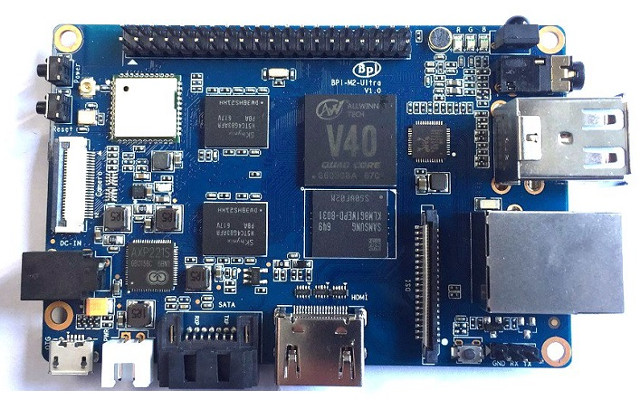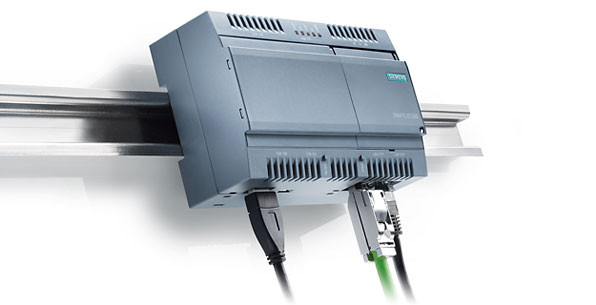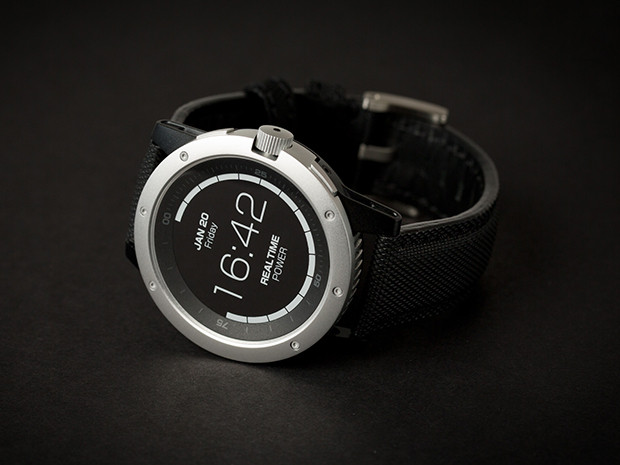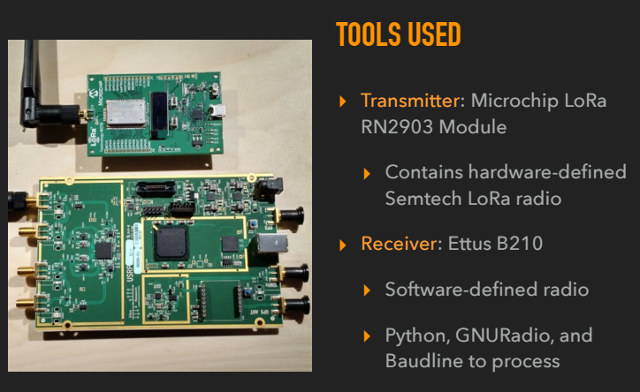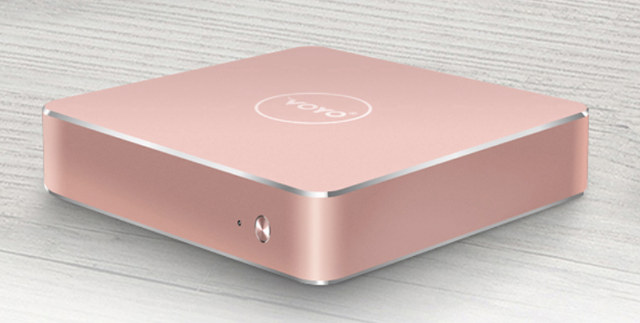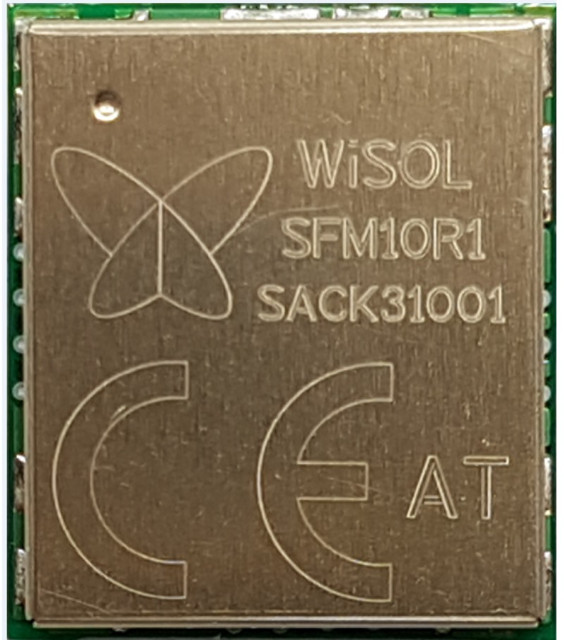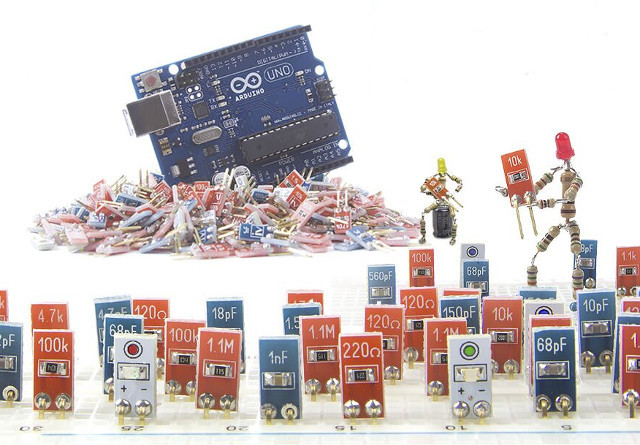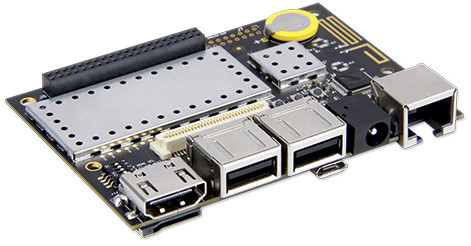Allwinner A10 and A20 processors have been quite popular in the past since they could handle Fast or Gigabit Ethernet and SATA natively, included decent multimedia capabilities, and were found in low-cost hardware such as Cubieboard 2 or MeLE A1000. Since then we’ve had a few boards with SATA using newer and faster processors without SATA IP, meaning it was usually implemented using a USB 2.0 to SATA bridge leading to mediocre to average performance depending on the implementation and selected bridge. Allwinner R40 is the successor of Allwinner R20 with a faster quad-core Cortex A7 processor, but keeping Gigabit Ethernet, SATA, and most features of its predecessor. The good news is that Banana Pi has now launched the promised M2 Ultra development board based on the new processor for $45.80 + shipping on Aliexpress (Total for me: $48.35). Banana Pi M2 Ultra specifications: SoC – Allwinner R40 quad-core ARM […]
Siemens SIMATIC IOT2000 UL Approved Educational & Industrial IoT Gateways are Powered by Intel Quark Processor
Siemens has recently released SIMATIC IOT2000 series IoT gateways based on Intel Quark X1000/X1020 processor also used in Intel Galileo Gen 2 board with both IOT2020 educational version, and IOT2040 industrial version featuring UL-approval, Arduino headers, and a mini PCIe expansion socket. SIMATIC IOT2040 specifications: SoC – Intel Quark X1020 32-bit processor @ up to 400 MHz with 16KB cache (2.2W TDP) System Memory – 1 GB RAM Storage – micro SD slot Connectivity – 2x Ethernet ports Serial – 2x RS232/485 interfaces USB – 1x USB 2.0 port, 1x micro USB device port Expansion – Arduino UNO compatible headers, mini PCIe socket Misc – Battery-backed RTC Power Supply – 9 to 36V DC wide-range power supply Dimensions – 144x90x54 mm Weight – About 200 grams Temperature Range – 0 °C to up to +50 °C Certificates – CE, UL, FCC, KCC, RCM The device support wall-mount and DIN rail […]
Meet Body Heat Powered MATRIX PowerWatch, The Activity Tracker You Never Need to Charge (Crowdfunding)
There are currently several issues with wearables that makes it sub-optimal devices, from displays that can’t be always-on, to unreliable sensors, and in my experience pretty poor reliability, as I’ve managed to go through 4 fitness trackers / smartwatches in a year. Another issue is that contrary to typical watches lasting 10 years with a coin cell battery, most wearables require to be charge every few days, weeks, with the very best devices being chargers every few months. MATRIX PowerWatch promises to solve latter, as you will never need to ever charge it since it charges itself by harvesting energy using your body heat. The company promotes it as a smartwatch, but it’s closer to an activity tracker, since you can’t keep the Bluetooth LE connection all the time in order to receive notifications to your smartphone. It’s basically used to show time, track your activity and sleep patterns, and […]
GR-LoRa is a Reverse-Engineered Open Source Implementation of LoRa PHY
LPWAN standards such as LoRa or Sigfox allow you to transmit data over long distance, at ultra low power (up to 10 years on a AA battery), and for free if your use your own network (P2P or gateway), or a few dollars per years if you go through a network provider. The low cost is possible since those standards rely on 900 MHz ISM bands, meaning nobody has to pay millions of dollars to the government to obtain a license fee. Matt Knight looked at LoRa, and while Level 2 and 3 of the protocol (LoRaWan) has public documentation, Level 1 (LoRa PHY) is proprietary and the standard is proprietary. So he decided to reverse-engineer LoRa PHY using Microchip RN2903 based LoRa Technology Mote and Ettus B210 USB software defined radio, and software packages and tools such as Python and GNU Radio to successfully deliver GR-LoRa open source “GNU Radio […]
Voyo VMac (V1) Apollo Lake Mini PC is up for Pre-order for $195 and Up
Voyo VMac (aka Voyo V1) is the first Apollo Lake mini PC from mainland China manufacturers, and will come with either Celeron N3450 or Pentium N4200 quad core processor combined with 4GB RAM and 32GB eMMC flash, as well as an 128GB SSD. Voyo VMac/V1 specifications: SoC Celeron N3450 quad core processor @ 1.1 GHz / 2.2 GHz (Burst frequency) and 12 EU Intel HD graphics 500 @ 200 MHz / 700 MHz (Burst freq.); 6W TDP Pentium N4200 quad core processor @ 1.1 GHz / 2.5 GHz (Burst frequency) and 18 EU Intel HD graphics 505 @ 200 MHz / 750 MHz (Burst freq.); 6W TDP System Memory – 4GB DDR3L (upgradeable to 8GB) Storage – 32GB eMMC flash + 128GB M.2 SSD + micro SD slot Video Output – Mini HDMI 1.4 port limited to 4K @ 30 Hz Audio – HDMI + 3.5mm audio jack Connectivity – […]
$2 Wisol SFM10R1 & SFM10R2 Sigfox Modules and Evaluation Board
LoRa appears to be one of the most popular long range lower power WAN standards, at least based on the number of hobbyist boards coming to market, but hardware is not exactly cheap with modules such as Microchip RN2483 & RN2903 LoRa modules selling a little over $10, and development board such as LoPy normally going for at least $35. If large scale IoT is ever going to take off, prices will have to go lower, and AFAIK we are still waiting for the promised sub $2 Weightless chips. But if Elettronica In tweet is to be believed some Sigfox modules made by Korean company Wisol are selling for just $2, likely in larger quantities. WiSOL SFM10R1 is made with RCZ1 (Radio Configuration Zone 1 – ETSI – Europe), while SFM10R2 module is made for RCZ2 ((Radio Configuration Zone 2 – FCC – North America). SFM10R1 key features and specifications: […]
iv-Robotics Brings SMT Resistors, Capacitors, LEDs to Breadboards (Crowdfunding)
Most people will prototype electronics projects using a breadboard and typical axial resistors and “legged” capacitors & LEDs. This works reasonably well but can be messy, and you need to learn resistor codes to choose the right value. To reduce the number of legs and make it easier for beginner, iv-Robotics has decided to create small boards with SMT resistors, capacitors and LEDs instead with markings to solve those small issues. The company calls those iResistor, iCapacitor and iLed components, and offers them in boxes of 50 pieces with various values. Experienced users might also like the fact this it’s easier to store compare to traditional components, but I feel this is really a good idea for education, and kids getting started with electronics. The project is now on Kickstarter, where you can get 50 pieces for $10, 4 boxes of 50 pieces for $35, 8 boxes with iResistors and […]
Geniatech Developer Board IV Powered by Qualcomm Snapdragon 410 Features Ethernet, RTC, and More
Geniatech is better known for their set-top boxes, and the company also offer developer board as well as custom designs for system-on-modules based on Amlogic and Qualcomm processor. Their latest board dubbed Developer Board IV looks fairly similar to 96boards compliant Dragonboard 410c board with its Snapdragon 410 processor but adds an Ethernet port, and an RTC battery. Developer Board 4 specifications: SoC – Qualcomm Snapdragon 410 (APQ8016) quad-core ARM Cortex A53 processor @ 1.2 GHz with Adreno 306 GPU System Memory – 1 or 2 GB LPDDR3 @ 533MHz Storage – 8 or 16 GB eMMC 5.0 flash + micro SD 3.0 (UHS-I) slot Video Output – HDMI 1.3 up to 1080p @ 30 Hz, 4-lane MIPI-DSI up to 720p60 or 1080p30 for optional (touchscreen) display Connectivity – 10/100M Ethernet, Integrated 802.11 b/g/n, Bluetooth 4.1, GPS with on-board antenna USB – 2x USB 2.0 host ports, 1x micro USB […]


